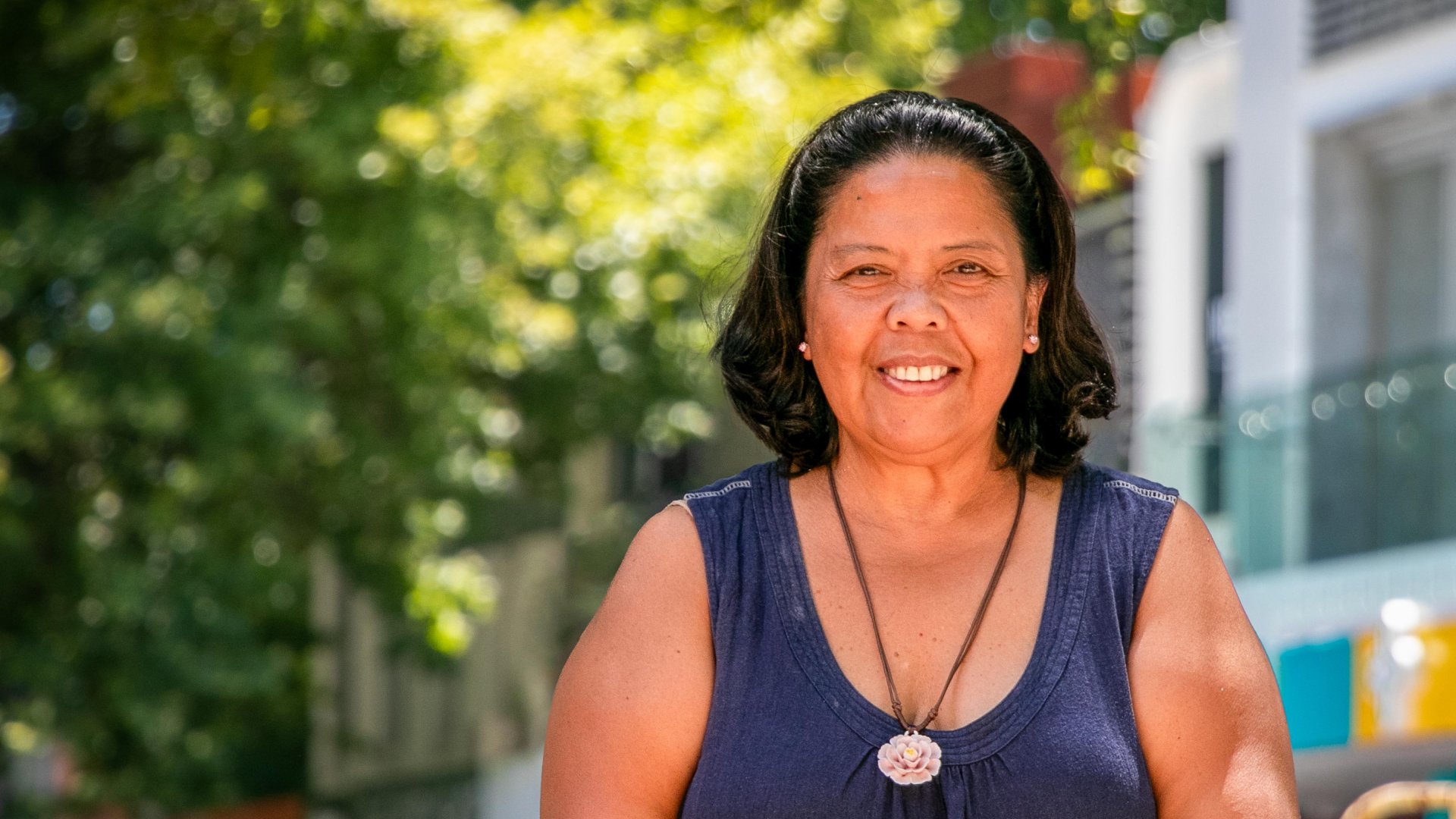Nelson’s multi-cultural pioneer: Marie Lindaya
22/01/2024 10:45am
Marie Lindaya has more than 30 years of service to multicultural communities in the Nelson Tasman region and was recognised in this year’s New Year Honours List, when she was named an Officer of the New Zealand Order of Merit.
A co-founder of Nelson Ethnic Council, Marie has actively been involved in a range of organisations, including New Zealand Red Cross, Nelson Budget Advice, Nelson Bays Community Law, InterFaith Council Nelson-Tasman, and Volunteer Nelson.
“My drive to serve my community comes from my passion and commitment to social justice and human dignity. I believe everyone deserves to live a life of freedom, equality, and opportunity, and we all have a responsibility to make that happen,” Marie says.
“Whiria te tangata - weave the people together is an important whakataukī for me. It captures the essence of what I do and why I do it,” Marie says.
“Bringing people together to share the common threads that connect us; our interdependence and working together to create a harmonious and inclusive society. It also means we need to value and honour the diversity and uniqueness of each person, and to weave their threads into a beautiful and strong fabric. It reminds me of the importance of relationships, collaboration, mutual respect and empowering our marginalised ethnic migrants and former refugees to speak up, let your voice be heard, and that nothing should be a barrier – not language, ethnicity, status or gender.”
Originally from the Philippines, Marie has lived in Nelson since 1991. Nelson’s sunny climate, the beautiful natural landscapes, and the vibrant arts and culture scene was reminiscent of her tropical homeland.
Marie’s community service and advocacy journey began with five years with the International Committee of the Red Cross, training at its Geneva headquarters. This laid the foundation of involvement in international humanitarian causes and her commitment to supporting refugees.
In the mid-90s, Marie formed a multi-ethnic group in Nelson Tasman. Setting up the first meeting involved scouring the local phone directory and electoral roll for foreign names.
“After that meeting, I set up a steering group along with other passionate and visionary ethnic migrants. We saw a need for a platform to enable migrants, former refugees, and ethnic minorities to share their cultures, stories and perspectives, and to advocate for their rights and wellbeing. We also wanted to promote positive race relations and intercultural understanding among the wider community,” she explains.
The Nelson Ethnic Council was incorporated as a society in 1995. Now known as Multicultural Nelson Tasman, it is a driving force behind flagship events such as the Multicultural Festival.
“The Multicultural Festival is a favourite event for many, including myself,” Marie says. “The event means a lot to the communities who participate in it. It’s a chance to express and celebrate their cultural identity and heritage. They can share their food, music, dance and art, as well as connect and interact with other communities and cultures. It also contributes to the social and cultural fabric of our region.”
Other highlights include personal involvement in projects like the Nelson Whakatu Muslim Kotahitanga forum, the Myanmar protest and fundraising and the peace vigil for Sri Lanka. Helping migrant and refugee families set up businesses, and providing pastoral support to overseas students at NMIT have also been satisfying.
Marie also worked for Nelson City Council for 15 years as the Mayor’s personal assistant. Her tenure spanned three different Mayors.
“I gained insight into the role the council plays in building and creating a positive community. I learned that leadership is not about position or power, but about influence and impact, and that leadership is a collective and collaborative endeavour, not a solo or competitive one.”
Looking ahead, Ms. Lindaya envisions multicultural communities in Nelson feeling valued, respected, and included. Her blue-sky planning includes initiatives such as a diversity and inclusion multicultural strategy, a multicultural youth council, and a multi-purpose multicultural hub. She remains committed to encouraging migrant and vulnerable communities to seek help and navigate avenues for assistance.
Marie offers advice for making newcomers feel connected:
"Greet them with a smile and a friendly word. Offer help and support if they need it. Invite them to join social and community activities and events. Show interest and curiosity in their culture and background. Respect and appreciate their differences and similarities. Learn and use some words and phrases in their language. Be authentic."
She has helped many people feel at home in Nelson, and it is somewhere she loves to call home too.
“I feel a strong sense of belonging and connection to the people and the place. I love the diversity and creativity of the community, and the opportunities to learn and grow. I love the whakawhanaungatanga (strong relationships) I have built with people from all walks of life and backgrounds, who have enriched my life with their knowledge, wisdom, and friendship. Ehara taku toa i te toa takitahi, engari he toa takitini – my success is not mine alone, but it is the strength of many."

